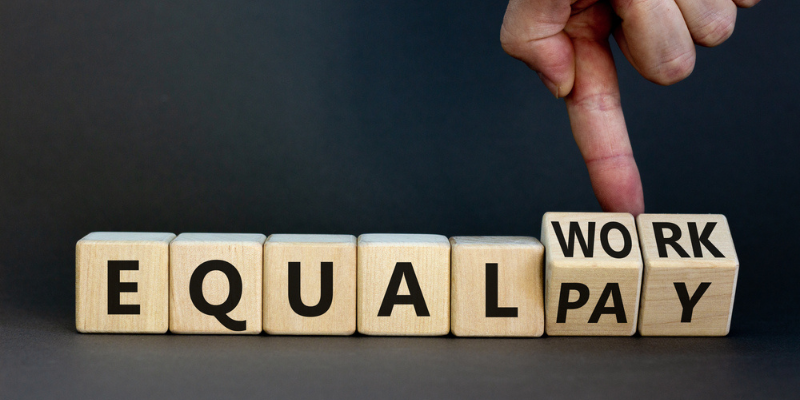It has been reported that four female TV newsreaders cannot continue their claims for equal pay in an Employment Tribunal, because they had previously settled these claims with their employer, the BBC. Their other claims, including those for age and sex discrimination, harassment and victimisation, will, however, continue.
It is understood that the newsreaders may appeal this decision; they have been quoted as saying “We remain committed to seeking equal pay despite the BBC’s lawyers relying on a novel argument to prevent our clients progressing. We await the judge’s written ruling, to which we will give further consideration.”
This situation raises two important questions. One is the scope for a settlement agreement between an employer and employee to compromise present and future equal pay claims. The other is what elements are needed to bring a claim for equal pay.
Settlement of present and future equal pay claims
A settlement agreement between an employer and an employee may cover claims for equal pay, providing the written agreement meets the qualifying conditions for such a settlement to be reached.
The leading case on whether a settlement agreement may cover future claims is Bathgate v Technip Singapore PTE Ltd. The Court of Session, of Scotland, decided that future claims may be compromised as long as the types of claim are clearly identified and the words used can generally be understood to include settlement of the related claim. The Supreme Court may be asked to confirm this position in future and the obvious public policy consideration arising is whether to differentiate between situations where the employment relationship ends at the time of the agreement and where there is to be continuing employment.
Equal Pay claim
Specialist advice should be taken before a claim for equal pay is started to decide the best route for the action. One of the first questions to consider is whether to bring the claim as one under the equal pay or sex discrimination provisions.
Broadly speaking, in the context of a claim for equal pay, the disadvantage must be shown with reference to an actual pay comparator. The comparator may perform “like work”, “work rated as equivalent” or “work of equal value”, which evaluation considers the similarity of the work. This exercise often requires a detailed assessment.
An employer may defend a claim for equal pay on the basis the pay difference is due to a “material factor” which itself is not discriminatory. This blog was written by Ben Lindsay, Solicitor at didlaw.
